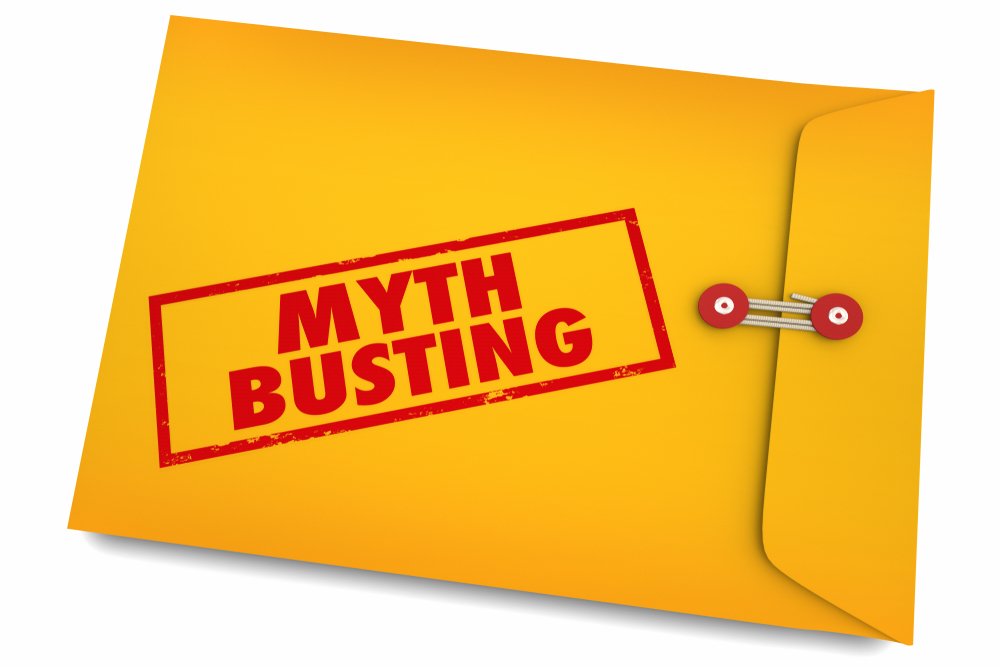Coronavirus (COVID-19) has dominated global headlines, and people are increasingly turning to Google to answer their burning questions. With so much Coronavirus information filtrating our social media feeds, how can we tell what’s true or not? Here is our Coronavirus Mythbusting.
The telehealth doctors at 13 Doctor have done some myth busting to answer the most common questions currently being asked.
Should I wear a face mask?
Wearing a face mask will not protect you from contracting this disease. A virus can also transmit through the eyes and tiny viral particles which can penetrate through masks. If you have Coronavirus symptoms, you are required to stay in isolation. If someone is in the same room as you then a face mask may be appropriate, but it won’t do much for you out in public.
Does it only affect old people?
Most people who are not elderly and do not have underlying health issues will not become critically ill from the Coronavirus. However, this disease still has a higher chance of leading to serious respiratory symptoms than seasonal flu. Young and healthy people need to take the correct measures to report symptoms and follow quarantine instructions, as this will help in protecting the most vulnerable in society.
Should I be stockpiling food and toilet paper?
With more cases of COVID-19 arriving in Australia, experts say now is the time to prepare, but not panic. We still have a bit of time as the virus isn’t spreading widely here yet. Be smart with what you add to your trolley rather than panic buy.
How do I protect myself?
There have been any social media posts with crazy ways to prevent yourself from contracting Coronavirus. There is not vaccine or specific medical treatment that will stop the disease yet, so the best protection is good hygiene. Wash your hands, and cough and sneeze into a tissue.
Is it more dangerous than the winter flu?
Many of the symptoms for Coronavirus will be nothing worse than the seasonal flu, but overall, the mortality rates look more serious. It seems to be more contagious than the seasonal flu and roughly as contagious as strains that appear in pandemic flu seasons.
Will a vaccine be ready soon?
Scientists have been working quickly to create a vaccine for COVID-19. The development of a vaccine is still a lengthy process and could take years. A commercially available vaccine within a year would be quick.
If a pandemic is declared, there is nothing more we can do to stop the spread.
Yes, it would mean the disease is more likely to spread, but measures will still to be taken to stop the spread. The World Health Organisation (WHO) defines a pandemic as a worldwide spread of a new disease. They have classified COVID-19 as a global health emergency, but it is not a pandemic yet. Once a pandemic is declared, it becomes more likely for the disease to spread throughout the community which means governments and health systems need to ensure they are prepared for that.
